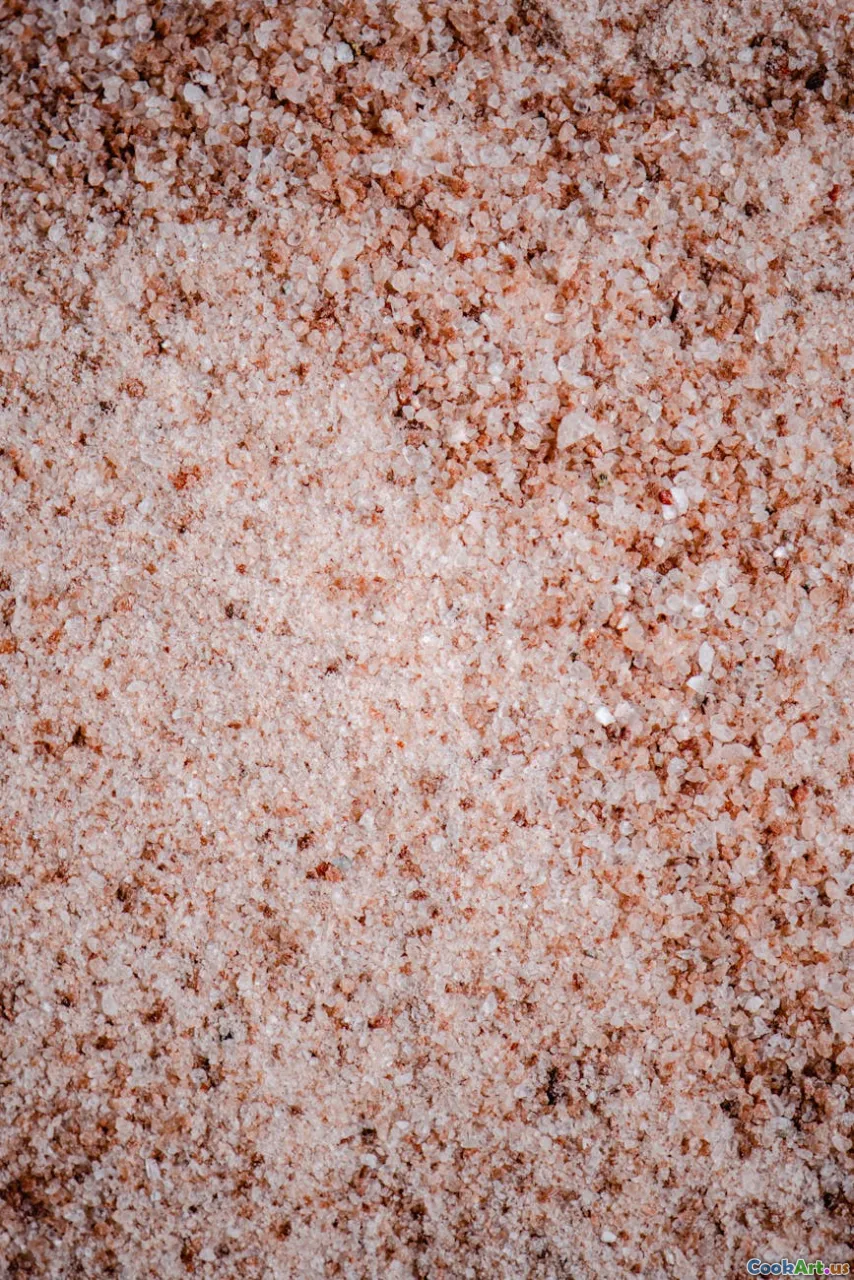The Role of Spices in Culinary Health Benefits
6 min read Discover how spices not only enhance flavor but also provide incredible health benefits across global cuisines. April 11, 2025 09:45
The Role of Spices in Culinary Health Benefits
Spices have been revered for centuries, not just for their ability to elevate a dish's flavor but also for their myriad health benefits. Across global cuisines, spices are integral to both traditional cooking practices and modern culinary innovations. Let’s delve into the vibrant world of spices and uncover their role in enhancing health and well-being.
A Global Perspective on Spices
From the fiery heat of chili peppers in Mexican cuisine to the aromatic warmth of cinnamon in Middle Eastern dishes, spices are as diverse as the cultures that use them. Each spice carries its own unique set of health benefits, largely attributed to its active compounds. For instance:
- Turmeric (widely used in Indian cuisine) contains curcumin, a powerful anti-inflammatory and antioxidant.
- Ginger, a staple in Asian cooking, is known for its digestive benefits and anti-nausea properties.
- Garlic has been celebrated in Mediterranean diets for its heart health benefits and ability to boost the immune system.
The Science Behind Spices
Antioxidants and Anti-Inflammatory Properties
Many spices are rich in antioxidants, which help combat oxidative stress in the body. For example, spices like clovesandoregano rank high on the ORAC scale (Oxygen Radical Absorbance Capacity), indicating their potential to neutralize free radicals.
Anti-inflammatory properties found in spices such as cuminandblack pepper can help reduce the risk of chronic diseases, including heart disease and diabetes. The active compounds in these spices work at the cellular level to fight inflammation, which is often at the root of many health issues.
Enhancing Digestion
Spices have also been used traditionally to aid digestion. Fennel seeds, common in Indian cuisine, can help alleviate bloating and gas. Peppermintis often infused in teas for its calming effects on the digestive tract. The use of spices likecinnamon can also help regulate blood sugar levels, making them beneficial for those with diabetes.
Culinary Techniques Enhancing Flavor and Health
Understanding how to use spices not only enhances the flavor of global dishes but also maximizes their health benefits. Here are some culinary techniques that help in achieving this:
- Toasting Spices: Lightly toasting spices before adding them to dishes can enhance their aroma and flavor profile. This process can bring out essential oils, making them more bioavailable.
- Infusion: Infusing oils or broths with spices can extract their flavors and health benefits. For example, infusing olive oil with garlic or herbs can create a nutritious base for dressings and cooking.
- Marination: Using spice blends in marinades allows for deeper flavor penetration into proteins and vegetables, which not only enhances taste but also infuses them with health-promoting compounds.
Cultural Significance of Spices
Spices are more than just flavor enhancers; they are integral to cultural identity and traditions. In many cultures, spices are used in rituals and celebrations. For instance, during Diwali in India, spices are integral in preparing traditional sweets and savory dishes, symbolizing prosperity and health.
Similarly, in North African cuisines, the use of spices like saffronandcumin is deeply rooted in their history, often linked to trade routes that introduced these flavors to their culinary practices.
Conclusion
The role of spices in culinary health benefits cannot be understated. They not only enrich our meals with flavor but also offer a wealth of health advantages. As we explore global cuisines, it is essential to recognize and appreciate the diverse spices that have been used for generations, not just for their taste but also for their significant impact on health. Embracing these spices in our everyday cooking can lead to a more flavorful and health-conscious approach to food.
Incorporating a variety of spices into our diets can promote not only a rich culinary experience but also a holistic approach to health and wellness. So next time you reach for that spice jar, remember, you're not just adding flavor; you're enhancing your well-being.









